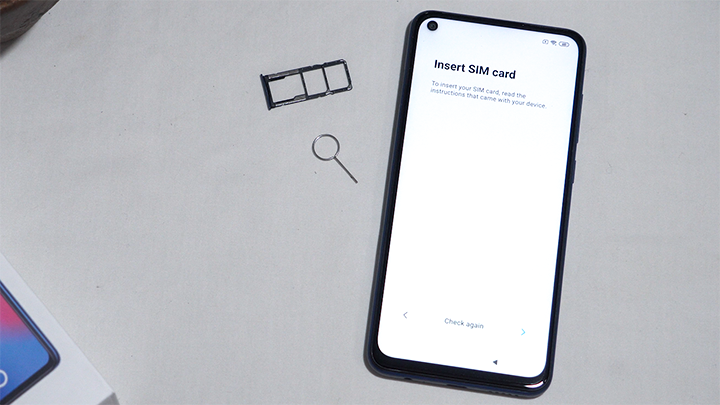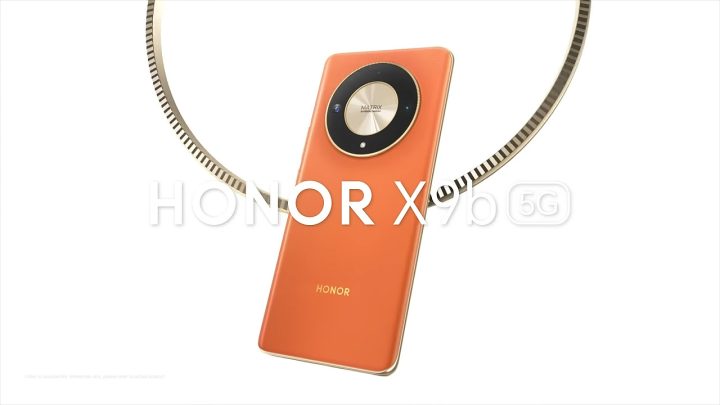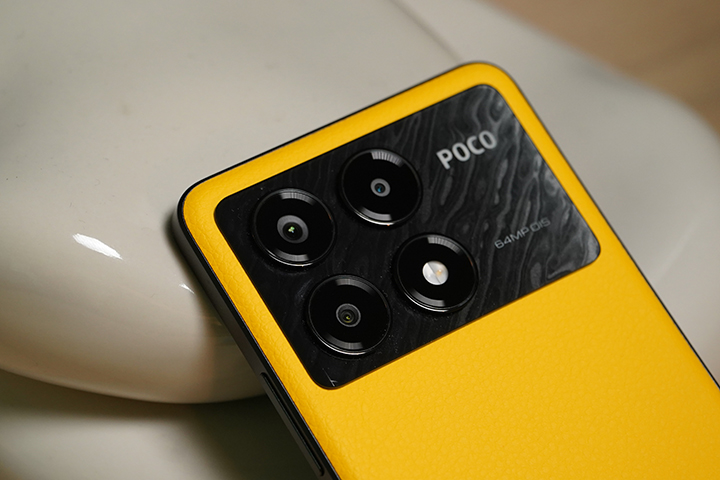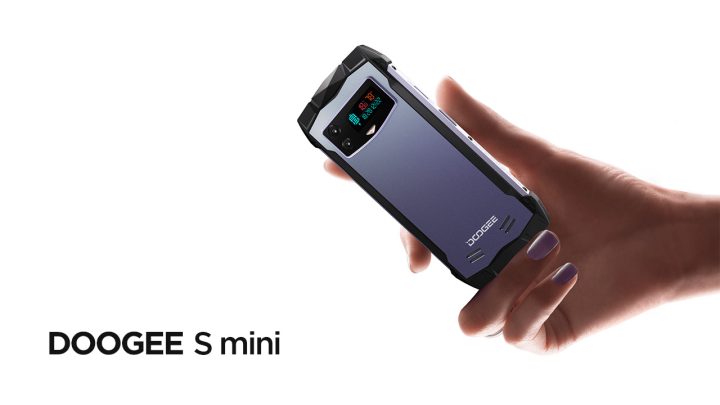Since at least 2004, SIM Card Registration has been proposed by lawmakers in the Philippines. Only in the 18th Congress did it go as far as the President’s signature, only to be vetoed near the end of his constitutionally mandated term. How has the cause to register subscriber identity module (SIM) cards developed through the years?

Safeguard or surveillance? Mobile registration in the Philippines and the world
According to GSMA, more or less 157 nations around the world have mandated SIM card registration laws as of 2021. The Philippines is one of the select few remaining which have yet to implement a similar policy. It is also one of two nations in Asia to have no SIM card registration law in effect, the other country being Israel.
The SIM Card Registration Act, paired with the National ID System (PhilSys), is seen as the foundation for a more effective means to ascertain identities, combat cybercrime, and ensure national security, among other goals.
Nonetheless, Privacy International, a UK-based charity, argues that “mandatory SIM registration is costly, intrusive and not the solution to the problem most countries are trying to solve.” Not only would it limit the sales of SIM cards, it may also encourage other means to circumvent the mandate, such as SIM cloning or hacking.

SIM card and social media: Do they necessarily mix?
Initially, the proposals forwarded since time immemorial have been largely limited to SIM cards, but even in this form the proposed legislation could be potent enough to enter other areas of digital living. For instance, mobile phone numbers are usually included in registration of accounts, may it be your bank account or your social media account. Granting the government that much information may already be sufficient to trace a significant number of people, particularly those who manage fewer SIM cards than average, even in the age of dual and triple SIM phones. In addition, Statista observes how 72 percent of Filipinos access their internet via mobile phones. While it may be a farfetched interpretation for a brief definition, it is within reason that phone numbers are connected via other forms.
It was not sufficient, however, for a more explicit provision was included prior to convening the bicameral conference committee. The contentious addition, introduced as Section 5 during the period of amendments in the Senate, was reconciled in Section 4 of the consolidated version of House Bill No. 5793 and Senate Bill No. 2395. Despite the bicameral conference, the supposedly “undesirable” portion of the bill managed to push through.
Sec. 4. SIM Card and Social Media Accounts Registration. — In order to deter the proliferation of SIM card, internet or electronic communication-aided crimes, such as, but not limited to: terrorism; text scams; unsolicited, indecent, or obscene images; bank fraud; libel; anonymous online defamation; trolling; hate speech, spread of digital disinformation or fake news as defined under pertinent laws, all PTEs shall require the registration of SIM cards as prerequisite to the sale or activation thereof, in accordance with the guidelines set forth under this Act. Similarly, all social media providers shall require real-name and phone number upon creation of account.
It is the social media provision that has prompted President Rodrigo Duterte to veto the measure, noting the need for more thorough study. In the same statement explaining the veto, it is also observed how the law may threaten constitutional rights and result to dangerous state intrusion “without providing proper guidelines and definitions.”
Even telecom companies such as PLDT saw this as “something hard to operationalize,” and logic points to multiple instances. For example, people who thrive in their alter egos online, such as artists, authors, streamers, influencers, or even VTubers, will be forced to divulge their personal information for compliance. The inclusion of “internet or electronic communication” may also expand infinitely the potential applications of this proposed legislation. Think of e-mail addresses, online forums, Discord servers, or perhaps games and related entertainment platforms. How many people use their real names in these situations?
Yet with creative imagination, it is possible to require everyone to shed their anonymity and digital persona to comply with the legal framework. This does not even tackle the prospective windows for abuse.
The level of cybersecurity is also an issue of contention, for while the government is attempting to create a more complex database, the Philippines nonetheless has a history of serious breaches, such as the COMELEC leak in 2016.
The penalty for using fictitious accounts? Imprisonment of at least six years, a fine of up to PHP 200,000, or both. In comparison, this is longer jail time than what is mandated for libel (4 years 2 months maximum). This does not include the possibility of being compounded with penalties from other laws, such as the Cybercrime Prevention Act.
“The intent and purpose of trying to eliminate illegal activities enabled by mobile phones, the Internet, or other electronic communication-aided crimes is noble. However, the bill is deeply flawed. It contains provisions that are overly vague, violates constitutional guarantees of freedom of expression, freedom of association, personal privacy, and endangers the safety of Filipino citizens and children,” said Democracy.Net.PH, one of the groups which have raised concerns regarding the societal effects of the SIM Card Registration Act.
They have an ongoing Change.org petition to block the measure, arguing that even Filipino heroes used fictitious names during their careers. It has received over 85,000 signatures out of the petition’s 150,000 target as of writing.
The Computer Professionals’ Union, which also has a Change.org petition bearing over 28,000 signatures, stated how “other countries who have enforced SIM Card Registration have already proven such measures ineffective and inefficient. An increase in identity fraud and black markets for unregistered SIM Cards has also been observed.”
Would other measures be more effective in curbing cybercrime? Consider ethical education, social media literacy, inculcation of values, improvement of quality of life, and so on. If morality and related foundations to help mold better citizens could be used to cut off bad behavior from its roots, would people still need regulation as a substitute? It may delve more on the philosophical aspect of societal ills, but is technology to blame for human action?

The greater good? Rationalizing the support for mandatory registration
To be fair, the legislative measure does appear to derive from noble intentions. Besides what is already stated on what it is trying to prevent, the proposal also has a confidentiality clause for providers. This means providers may be punished as well if disclosure of information is not in accordance with existing laws, such as the Data Privacy Act. Of course, the question on how to uphold confidentiality and privacy may be another matter of discussion altogether. Take for example the line between classified intelligence and data accessible through freedom of information.
Still, lawmakers have expressed their support for the passage of the SIM Card Registration Act despite the veto.
- Senator Franklin Drilon: “The measure is constitutional. The bill does not in any way limit speech. It does not curtail one’s ability to post on social media. This is not designed to suppress any particular message.”
- Senator Grace Poe: “Each day without the safeguards from the measure makes our people vulnerable to ripoffs that take away their money and cause them anxiety; the onslaught of cybercrimes and fake news that tear away the fabric of our democracy. Our laws and jurisprudence confirm that freedom of expression is not absolute, as in the cases of obscenity, libel or when public safety and order are at stake.”
- Senator Vicente Sotto: “That means, I can get a two-thirds vote of the Senate to overturn it. Ang problema ngayon, we need the imprimatur of the President for the House to overturn also. And we can ask the Supreme Court to declare it unconstitutional. But then again, the prepaid SIM cards must be registered already because that is part of the law. It will become a law minus the provision na ayaw ng Malacañang”
Other lawmakers, meanwhile, saw that it might be wiser to separate the registration of SIM cards and social media accounts. This path, however, may ensure that the SIM Card Registration Act would not be signed any time soon.
- Senator Win Gatchalian: “Ito ang isa sa mga una kong ihahain ‘pag tayo ay nakabalik sa Senado. Pero ihihiwalay ko ang panukala para sa social media para mas malalim at mas komprehensibo ‘yung detalye pagdating sa pagmamandato nito. Aminado ako na ang social media ay nagagamit ngayon sa maraming hindi magagandang bagay. Unang una, yung mga troll, ako mismo nabiktima. Aatakihin ka at sisirain ang puri mo.”
- Senator Panfilo Lacson: “[It] could be violative of the ‘one subject one title rule’ as defined under the 1987 Constitution, not to mention the absence of safeguards or guidelines in the said provision not even covered by the title of the measure itself.”
- Representative Wes Gatchalian: “There is nothing in the bill specifying clear guidelines and how to register in such a broad environment. Though equally important, that provision should have been studied further and filed as a separate bill.”
Conclusion
Perhaps every innovation would sooner or later have to pass through the test of regulation. The Philippines, which made a quantum leap from low levels of telephone coverage to near universal mobile phone access, remains one of the last strongholds in the world where SIM card registration remains unimplemented. Not all kinds of regulation, however, cultivates innovation to further develop. Whether this attempt at regulating mobile phones, and also in extension internet use, would be beneficial moving forward, we may only be able to fully realize the repercussions in the future. For the meantime, we have to deal with what we have in anticipating its impact on everyone, and remain hopeful that the course we are currently taking would be for the best.

























